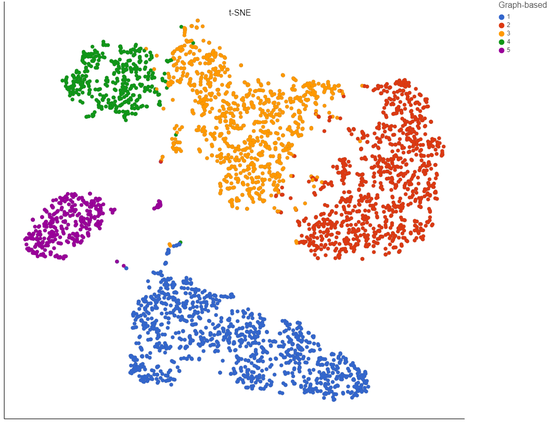Daniel Biś
Ph.D. Student
Florida State University
Biography
I am a second-year Ph.D. student in the Computer Science department at Florida State Universtiy, where I am lucky to be advised by Professor Xiuwen Liu. During my studies, I would like to answer fundamental questions related to enabling machines to become more adept at human language. My research area includes natural language processing, deep learning and intelligent systems in general. Currently, I am focused on self-supervised representation learning, analysis of representations learned by language models, word sense disambiguation, text summarization.
In the past, I completed an internship at Samsung R&D, where I focused on advancing Dialog Systems, and worked as a Data Scientist at Risk Managment Solutions, where I contributed to the development of HWind products.
In May of 2021, I will be joining Amazon Alexa AI team as an Applied Scientist Intern.
Outside of academia, swimming has been my lifelong passion. I was a Polish National Championship medalist, Poland’s National Swim Team Member, and competed at NCAA Division I athletics as a member of the varsity swim team at Florida State University.
Interests
- self-supervised representation learning
- analysis of representations learned by language models
- word sense disambiguation
- text summarization
Education
-
Ph.D. in Computer Science, 2019-Present
Florida State University
-
B.A. in Computer Science, 2019
Florida State University

